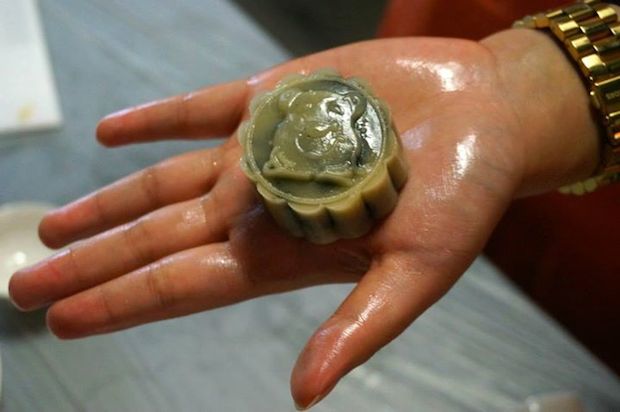Americans experience foreign countries primarily through food. I learned this when presenting some research earlier this year. It is one of the main determinants that make up the cultural experience. Now studying abroad in China, I am settling down in a foreign country and experiencing this truth for myself.
Put simply, I’m learning how to cook Chinese food and it is making my study abroad experience ten times better.
Palette Shock
I knew going to China would be a challenge for my taste buds. Just as the cultures and languages of America and the Far East are dramatically different, so are the methods of cooking and preparing food different. I was prepared with all the proper medicines and necessary paperwork if I needed to fight off a bacteria infection or a particularly tough pair of chicken feet. I thought I knew what I was getting myself into in the beginning.
Then I had my first Chinese meal, and I experienced total palette shock. I experienced palette shock because the food was so good. Although I sometimes was completely ignorant of what I ate (this is probably beef, right?) the taste was incredible.
I found out quickly that my conceived notion of Chinese food was misplaced. The Chinese food we have in the states (discounting Chinese-American pop ups like Pei Wei and Panda Express) is primarily Cantonese-style food. Therefore Chinese food, particularly Shanghai food, is unlike anything I ever tasted
I immediately knew that I wanted to cook it.
Dumplings and Moon Cakes
During orientation, TEAN staff coordinated for my group to do a cooking class with a company called Cook in Shanghai. Since our group was so large we only made very simple dishes, dumplings and moon cakes. We had our class in a small Asian café with large glass windows, turning our cooking class into a zoo exhibit for any local pedestrian passing by on the street.
I really enjoyed the class, but I knew I needed to learn something more substantial to improve my cooking skills. Moon cakes are not a viable option for breakfast, lunch and dinner. I approached the cook who led the class to discuss other classes that they offered. Business cards were quickly exchanged, and I had their company website address which I explored that night.
Now luckily enough I have no classes on Wednesdays. Therefore, since Wednesdays are my official adventure days, I signed up for a smaller cooking class the next week. I was upgrading from moon cakes to Sichuan-style food.

“You Don’t Cook Often, Do You?”
This second cooking class was the full experience. I received a tour around a local wet market where I bought my own ingredients, and then took them back to the kitchen to use for my dishes. The cook then demonstrated how to make the dishes, at which point I mimicked her and made my own dishes.
I quickly found out that I am not good at listening. I consider myself a good student in the classroom—but here there are no slideshows, no pen and paper, and no time to process. If the cook pours chili oil, I pour chili oil. If the cook adds vinegar, I add vinegar. If the cook adds salt but I accidentally add two tablespoons of sugar—you get the gist. I found out that my reaction times needed to be much quicker to keep up with an expert.
Despite the steep learning curve I still prevailed, albeit with some help from the cook. They may sound like weird dishes, but there is something about making Pan-fried Spicy Noodles and Fish-Fragrant Eggplant with your own hands that makes the taste irresistible.
It’s All in the Fish Oil
The best part about learning how to cook a new meal is cooking it for other people. It just so happens that another girl in my group, Dana, is a much more proficient cook than myself. Together, we host Saturday night dinners for our friends.
It may not always be the best dinner—sometimes I overdo frying the eggplant, and sometimes I am overenthusiastic with the chili paste. But there is something about eating an authentic, home-cooked meal with new friends that makes China feel more like home.
I am no master chef, and I still have a lot to learn about Chinese cooking. But learning a tangible skill makes me feel like I am really using my time well here. Plus it has led to some great time bonding with the other TEAN students, and that’s always good considering we live together. There are some things you can only learn in China: cooking is good introspection, home-cooked meals bring people together, and when in doubt, just add more fish oil to the frying pan.
Nathan Robertson is a student from University of Oklahoma and a TEAN Featured Blogger. He is is currently studying abroad at Fudan University with TEAN in Shanghai, China.











